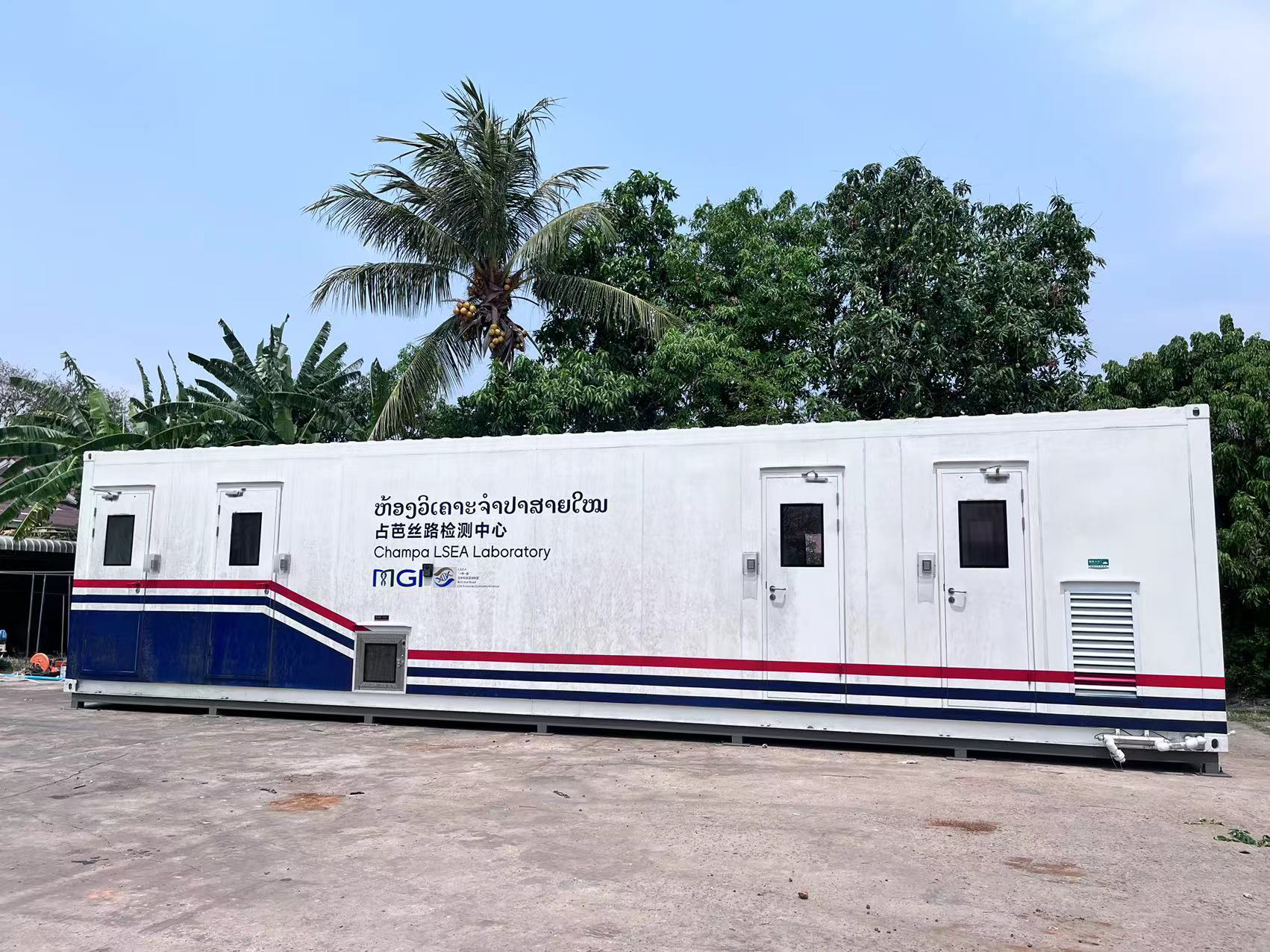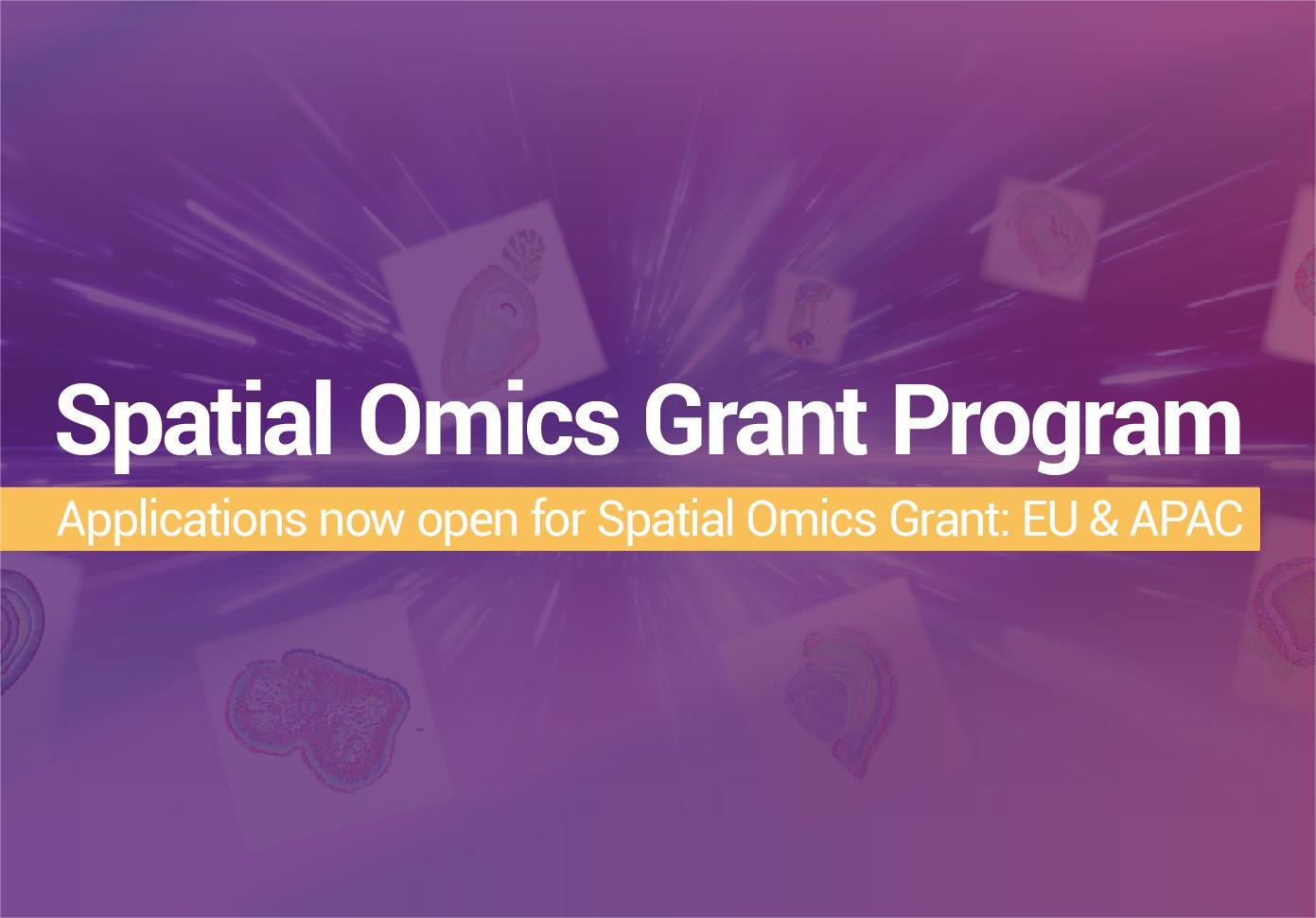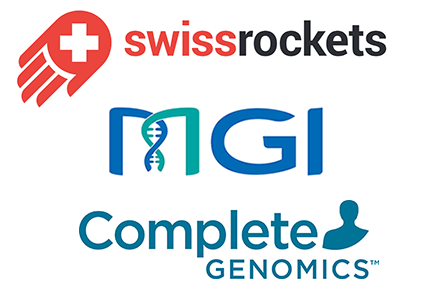Pakse, Laos, March 17, 2022 - MGI Tech Co., Ltd. (MGI), a global life science leader and innovator, has developed Champa LSEA Laboratory, the first 3rd party detection center in Laos, under the support of the Belt and Road Life Science Economy Alliance (LSEA) and Sithandone Joint Development Co., Ltd. (STD) to help Laos boost its mass Covid-19 testing capacity and prepare for the gradual re-opening of its borders in 2022. As its name suggests, the innovative container lab was delivered to the Champassak Province on March 17 and is stationed in the Champassak Provincial Hospital, STD's co-partner in the 11 million USD project.
Under the Green Zone Travel Plan scheme, the Lao government has authorized the partial re-opening of its borders to welcome back visitors and revive the travel and tourism sector since January 1, but as the country is facing the on-going community spread of Covid-19, the need has never been greater to improve its prevention and control systems.

Built in a 12-meter-long shipping container and designed to meet large-scale testing demands, Champa LSEA Laboratory is equipped with MGI's automation systems enabling laboratory technicians to process up to 3,000 samples per day, and up to 30,000 samples per day if 10 samples are mixed in one tube for batch testing, thus, significantly boosting Laos' nucleic acid testing efficiency and capacity.
The container lab allows to simplify the labor-intensive and time-consuming procedures typically associated with diagnostic testing, as it is delivered with two high-degree automation systems, namely MGISP-960 and MGISTP-7000 for sample preparation and sample transfer respectively, decreasing the need for manpower and manual work while shortening the turnaround time for test results and substantially streamlining the overall workflow.
Delivered with extraction reagents and consumables and protective materials, the Biosafety Level 2 laboratory is further enhanced with state-of-the-art ventilation systems for air exchange and pressure control and sterilization and accommodates three main functional areas: a reagent preparation room, a sample preparation room, and an amplification room.
With MGI's innovative and best-in-class approach, the container lab was designed to be easily transported and quickly deployed in stadiums and sports fields, community and district hospitals, health departments or wherever appropriate in emergency situations where mass testing is required, reducing both the time for sample transportation and the travel time for local patients who need to quickly get PCR-tested and go. Moreover, the lab can also serve as a monitoring station for virus mutation, making it a versatile instrument in these unprecedented times for pandemic control.
"As a responsible global corporate citizen, MGI's impact is not only felt in Laos, but also in the South-East Asia region and across the globe. Since the start of the pandemic, MGI has been playing an instrumental role in the fight against Covid-19 by allowing communities and governments to scale up their testing capacity and increase their testing efficiency, while ensuring a safer working environment for frontline health workers," said Dr. Roy Tan, General Manager of MGI Asia Pacific. With the pandemic challenging public health systems in most parts of the world, MGI sought to fight back, providing automation systems to more than 70 countries to date, including Singapore, Thailand, Malaysia, Saudi Arabia and the United Arab Emirates.
"The Champa LSEA Laboratory initiated by Champassak Provincial Hospital and STD will benefit Champassak Province and surrounding areas in Covid-19 prevention and control. The equipped advanced laboratory systems provided by MGI will also help minimize the labor required, and thus aim to improve the Covid-19 testing efficiency and capacity," said Dr. Khamsing Keothongku, Director of Champassak Provincial Hospital.
Looking beyond the Covid-19 pandemic, Champa LSEA Laboratory has the potential to become a long-term public health infrastructure for Laos and will continue to provide value for local communities. Thanks to MGI's high-throughput sequencing technology*, the container lab can assist in the prevention and control of other local infection diseases such as malaria, dengue fever, tuberculosis, etc. or in the early detection of birth defects, tumors, and other potential health disorders among individuals.
Approved by the Ministry of Health, Champa LSEA Laboratory is the fruit of the longstanding alliance between China and Laos. By fighting against the Covid-19 pandemic together, both nations stand to build a community with shared future and prosperity.
About MGI
MGI Tech Co., Ltd. (MGI) is committed to building core tools and technology to lead life science through intelligent innovation. Based on its proprietary technology, MGI focuses on research & development, production and sales of sequencing instruments*, reagents*, and related products to support life science research, agriculture, precision medicine and healthcare. MGI's mission is to develop and promote advanced life science tools for future healthcare. As of December 2020, MGI has a footprint that spans across more than 70 countries and regions, serves over 1,000 international users and employs more than 1,700 professionals globally, 33% of which are R&D personnel. For more information, please visit the MGI website or connect with us on Twitter, LinkedIn or YouTube.
*StandardMPS and CoolMPS sequencing reagents, and sequencers for use with such reagents, are not available in Germany, USA, Spain, UK, Hong Kong, Sweden, Belgium, and Italy.
About LSEA
Life Sciences Economy Alliance (LSEA) is a unique cross sector alliance committed to developing the life sciences and technology innovation and promoting international cooperation and development of life sciences industry. The Alliance's mission is to inspire the community of life sciences technology stakeholders and create a better world through various platforms and programs. The Champa LSEA Laboratory in Laos, built by LSEA members, would be an example and will significantly improve Laos' Precision Medicine capabilities. Meanwhile, LSEA also provides a standardized laboratory accreditation system and well-trained operators to ensure the efficiency and quality of nucleic acid tests. LSEA will continue to build a community of human destiny together with our members along the "Belt and Road" regions through various forms of exchanges and cooperation.
About STD
The Four Thousand Islands New Area in Champassak province is one of the biggest foreign investment projects in Laos and aims to create a green and modern town that is environmentally friendly. The developer, Sithandone Joint Development Co., Ltd. (STD) intends to build a town that includes resorts and leisure facilities and will attract people from all over the world. The development will include an Asian Trade Exhibition and Convention Centre and an agriculture research center, as well as processing plants, other buildings, and tourism-related services. STD plans to invest over US$9 billion, aiming to attract 2.3 million visitors per year by 2030 and 15 million visitors per year by 2050. The project site is situated in Khong district, and islands in the Mekong River in the far south of Laos and covers an area of more than 9,846 hectares.



 Sequencer Products: SEQ ALL
Sequencer Products: SEQ ALL















 Technologies
Technologies Applications
Applications Online Resources
Online Resources Data Bulletins
Data Bulletins Service & Support
Service & Support Global Programs
Global Programs Introduction
Introduction Newsroom
Newsroom Doing Business With Us
Doing Business With Us Creative Club
Creative Club













